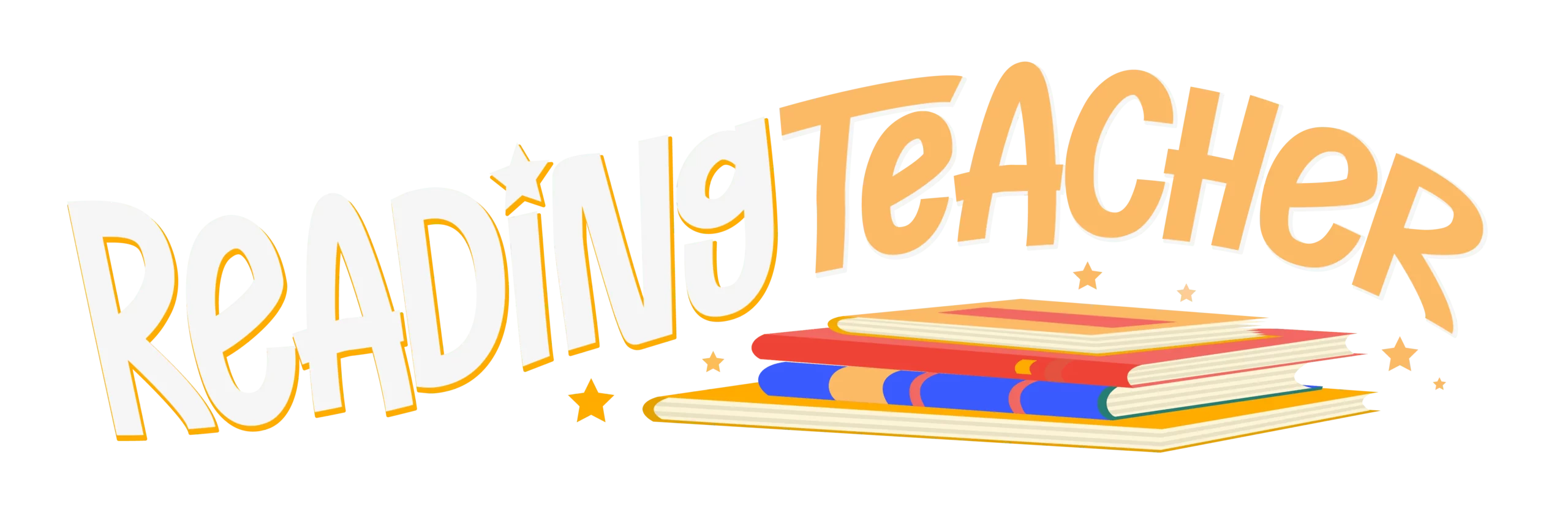Family Engagement to Push for Science-Based Reading Education
While educators and legislators are essential in strategic efforts to boost literacy, families play an equally vital role in a child’s reading journey. This week, we discuss the importance of families and parents in supporting lifelong literacy, as well as strategies that can be employed outside of the classroom to supplement a child’s reading education.
As discussed in last week’s newsletter, both regional and national literacy efforts are focused on retraining educators and urging legislators to fund science-based literacy programs based on phonemic awareness, vocabulary expansion, and other foundational skills. While teachers should have knowledge of structured literacy instruction and data to help them address students’ reading challenge areas, the push for science-based reading instruction does not stop in the classroom. Ideally, parents and families have access to the knowledge and opportunities that will help their children become better readers, in tandem with up-to-date classroom instruction.

In a panel discussion hosted by the Seattle Times’ Education Lab on November 16th, the panelists spoke to the importance of familial involvement in students’ reading success. Fundamentally, the panelists framed literacy as a systemic issue, emphasizing that it takes a whole system - inclusive of educators, legislators, and families - to do the work of reading education. In addition to training school staff in science-based reading practices, panelist Paul Gordon, superintendent of the Wenatchee School District in Central Washington State, also urged families to ask questions about the data and philosophies that underpin their students’ reading curricula.
Of course, family engagement also depends on transparent and proactive communication from educators. Parents can ask questions and provide feedback about their child’s reading instruction, but schools and districts must also clearly explain the language and purpose of their literacy screening reports and reading instruction to families. Intentional conversations between families and educators should begin early and continue throughout the school year to support a student’s reading progress, encouraging both families and educators to reflect on a student’s reading improvement, obstacles, and actionable goals.
Regardless of a school district’s specific reading curriculum or a student’s overall academic confidence, experts wholeheartedly agree that families can best support their kids by exploring their non-traditional literary interests and reading with them at home. According to Frank Serafini, a professor of literacy education and children’s literature and expert on the science of reading, non-traditional reading materials are an excellent resource for skilled readers who are less interested in assigned classroom content. Examples include plot-driven and highly visual content such as graphic novels, magazines, or humorous series that are less likely to be assigned in the classroom. As long as the content is age-appropriate, the goal is to broaden children’s literary options while promoting continual usage of science-based reading strategies taught in the classroom.

Families can explore their children’s literary interests by simply reading with them at home. Danielle Moore, a first-grade teacher at Midlothian’s Baxter Elementary School, says that reading at home helps parents better understand their child’s overall progress and unique challenges. Critically, Moore acknowledges the difficulty of allocating extra time for reading, particularly as a working parent with multiple children; but these extra minutes pay dividends in the long-term, fostering an early love of reading in children while motivating families to remain involved in their children’s education.

Take-Aways:
- In response to COVID-19 and years of poor reading instruction in the United States, reading experts are urging both educators and families to recognize the importance of science-based reading practices.
- In recent panels focused on the science of reading and overall declines in U.S. students’ reading performance, experts emphasize the role of families in helping students overcome challenges and meet their literacy goals.
- In addition to asking questions and learning about their child’s reading curriculum, parents can foster their child’s appreciation for reading by exploring non-traditional literary material and reading with them at home.
Start Teaching Reading for Free Now!
Access Level 1’s four interactive stories and the accompanying supplemental resources to teach elementary students how to read. No credit card is needed. Join the 42,635 teachers and students using our reading program.
